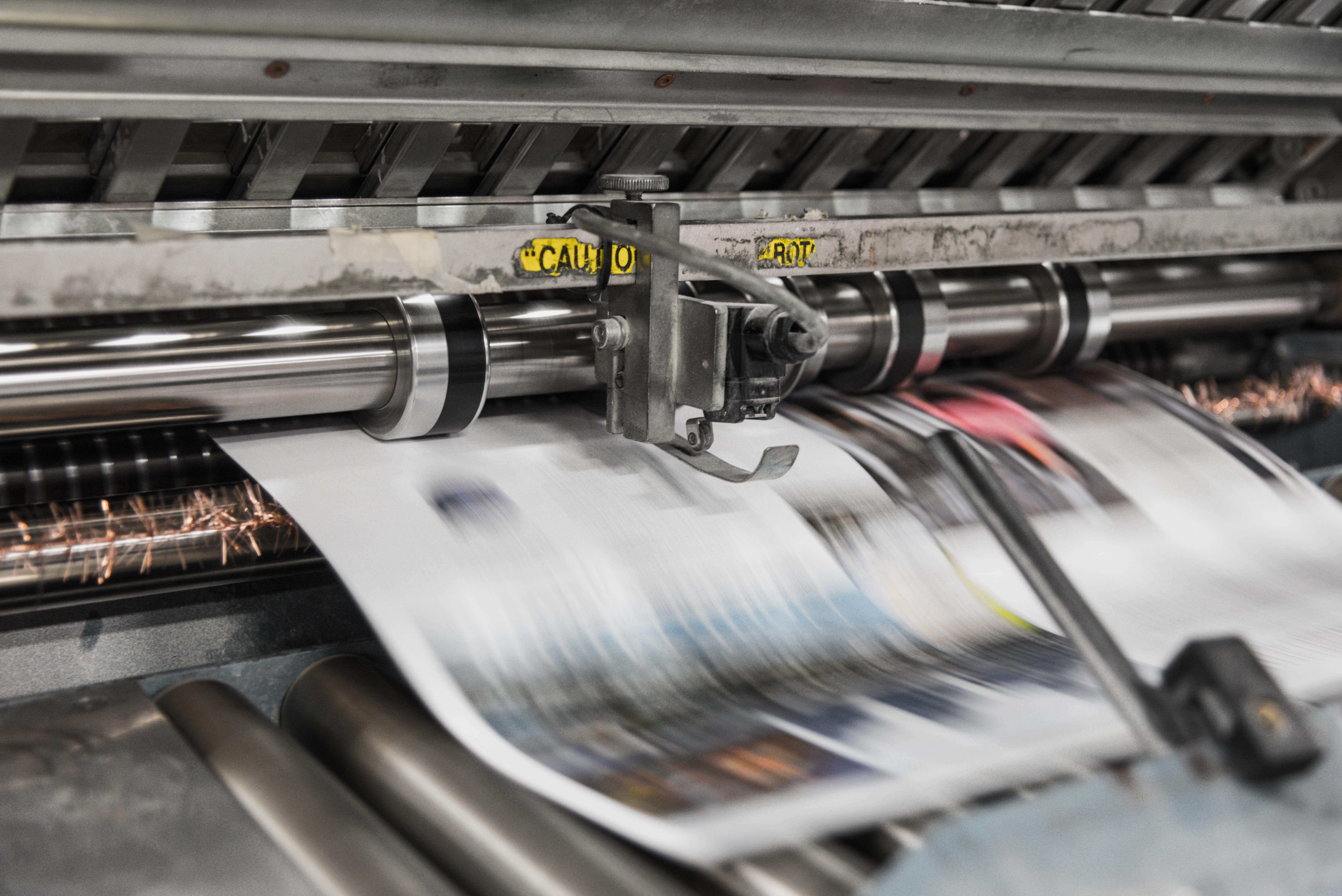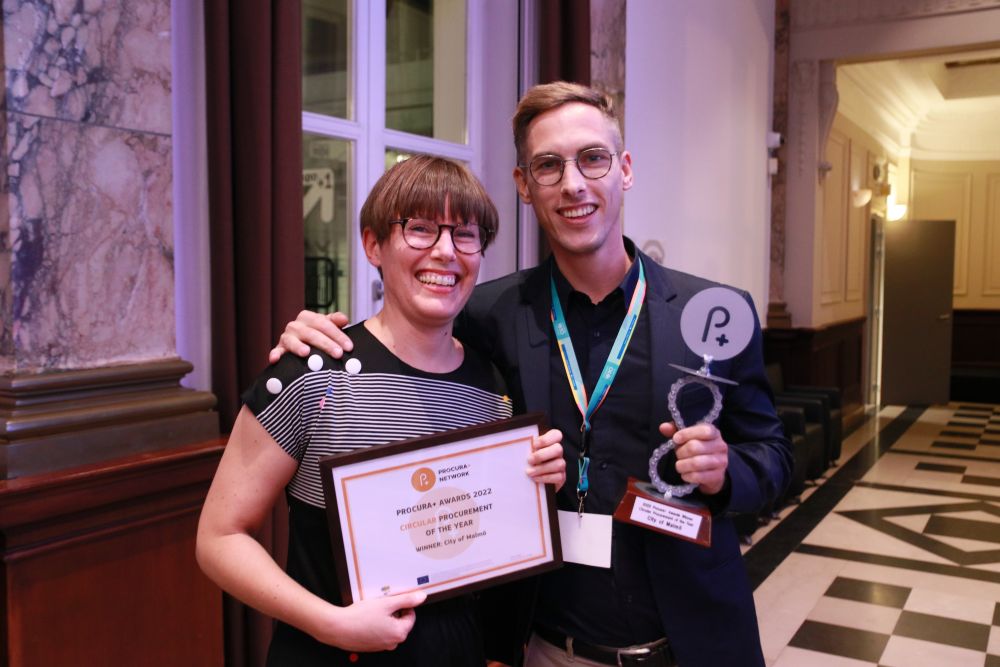News
CCD signatory Malmö wins Circular Procurement of the Year Award
15 Nov 2022
The Procura+ Awards, an ICLEI - Local Governments for Sustainability initiative rewarding successful sustainable, circular and innovative public procurements, have awarded the City of Malmö with the Circular Procurement of the Year Award. This is first time that the Procura+ Awards have included this category, signaling that European public authorities increasingly, and successfully, uptake circular procurement projects.
Malmö has been applying a circular approach to procurement over the past couple of years. Through the Circular PP project, it has piloted the procurement of “non-new furniture” for its city hall. The city has now replicated this circular approach to road and navigation signs. These include both signs that are used in public buildings and on streets. The municipality aims to reuse these signs as much as possible. If that is not possible, then the signs are sent back for reuse or redesign to the supplier. Recycling is considered as the last resort option. For each square meter of reused aluminium, 56 kilos of Co2 are saved.
For this tender, Malmö developed three circular criteria. First, to promote reuse within the municipality, the tenderer had to have experience with stocking products for a customer. Second, to encourage reuse by the supplier, the tenderer had to have experience with reusing products that the customer no longer used. Third, to close the loop, the tenderer had to have optimal recycling processes for different materials (plastics, aluminium, glass, and electronics). Out of 5 bidders, one company met all three circular criteria.
The other finalists for the Award were fellow CCD signatory Tampere and the French city of Quimper. Tampere decided to carry out the renovation of one of its main streets, Yliopistonkatu, using new public circular economy criteria as part of the Design&Build operating model. The criteria were developed by the city of Tampere, together with the KIEPPI Project, experts from the university, research programmes, the UUMA4 programme and companies. The city pioneered this approach, as it is the first time in Finland that this type of circular economy public procurement criteria are applied.
Quimper used a circular approach for the renovation of its railway station, aiming to reuse on-site as many materials as possible, as well as use reclaimed materials from other sites. The municipality collaborated with the cooperative design practice ROTOR to identify and integrate reclaimed and reused materials into the Railway-Park project's outdoor facilities and roadways.
The awards were given at a live ceremony in Schaerbeek, on 12 October. The jury consisted of:
- Erika Bozzay, Senior Policy Adviser at the Infrastructure and Public Procurement Division, OECD
- Katharina Knapton-Vierlich, Head of Unit, Directorate-General for Internal Market, Industry, Entrepreneurship and SMEs, European Commission
- Mark Hidson, Global Director ICLEI's Sustainable Procurement Centre
- Sarah O'Carroll, Cities Lead, Institutions, Governments & Cities, Ellen MacArthur Foundation
More information on the finalists and their work can be found on the Procura+ website.
All news

